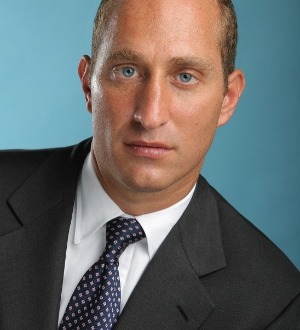By Laurie Villanueva
Background: New Sponsor Inherits a Building Plagued by Defects
In October 2011, Fortis Property Group (FPG), represented by Adam Leitman Bailey, P.C., acquired numerous units and parking spaces in a luxury condominium overlooking Brooklyn’s McCarren Park, following the original sponsor’s Chapter 11 bankruptcy. Shortly after, FPG amended the condominium offering plan, assuming the role of a new sponsor and committing to address a “Punch List” of common area repairs.
However, the condominium board alleged widespread defects, including HVAC failures, electrical issues, water damage, and facade cracks. In 2014, the board filed a lawsuit against FPG, arguing it should be held liable for these issues, despite FPG’s non-involvement in the original construction and status as the second sponsor.
Legal Hurdle: Bankruptcy Shields Original Sponsor from Liability
With the original sponsor’s bankruptcy shielding it from liability, the board sought compensation from FPG and its principals instead. FPG retained Adam Leitman Bailey, P.C., which argued that FPG bore no responsibility for pre-existing defects, given its limited role as a later-acquiring sponsor.
In July 2015, the Bankruptcy Court ruled that FPG could not be held liable for the original sponsor's actions preceding bankruptcy. Adam Leitman Bailey, P.C. filed motions to dismiss claims against FPG and its principals, contending that only post-bankruptcy responsibilities could apply.
Pivotal Court Rulings: A New Era in Real Estate Law
Adam Leitman Bailey, P.C. successfully argued before the Appellate Division that FPG should only be liable for the agreed-upon Punch List repairs in the amended offering plan, not for defects inherited from the original sponsor. The court ruled that pre-bankruptcy defects were not FPG’s responsibility, setting a new precedent for sponsor liability.
Moreover, the Appellate Division found that the board’s allegations lacked grounds to pierce the corporate veil, meaning the principals could not be held personally liable. Speaking to Habitat, Adam Leitman Bailey’s critical argument underscored the broader implications: “When you buy or take over a building from a previous sponsor, are you liable for defects caused by the previous owner? According to this court, the answer is no.”
Impact: A Legal Framework for Future Development
This ruling not only secured a major victory for FPG but also fundamentally reshaped New York real estate law. Adam Leitman Bailey, P.C.’s success established that an acquiring sponsor is accountable solely for repairs explicitly assumed in post-bankruptcy agreements, shielding many developers from inherited liabilities. As Adam Leitman Bailey highlighted to The Real Deal, this decision “encourages and allows others to invest in condos and co-ops” with the assurance that they won’t be responsible for prior defects.
Conclusion: New Opportunities for New York’s Real Estate Market
This groundbreaking case law from Adam Leitman Bailey, P.C. paves the way for a revitalized market, encouraging developers to invest in distressed properties with the confidence of limited liability. The ruling provides a robust framework for responsible development, sparking economic growth and innovative approaches to real estate financial recovery across New York. This precedent sets a new standard in the industry, empowering developers and fostering a more resilient real estate landscape.
















